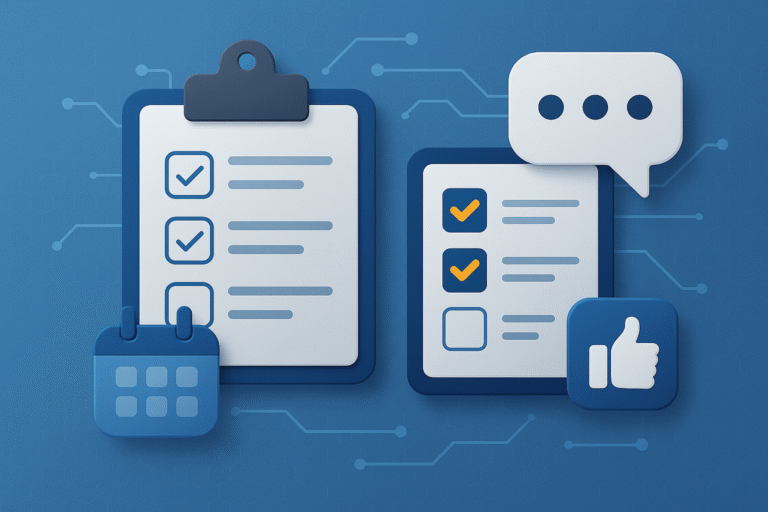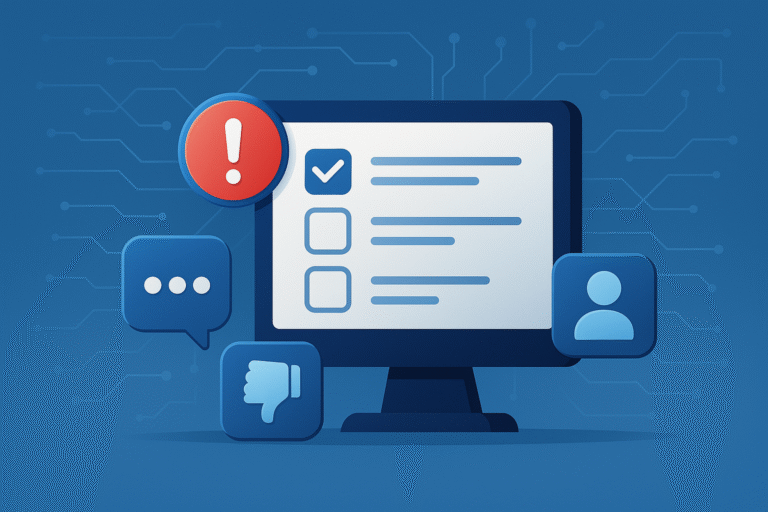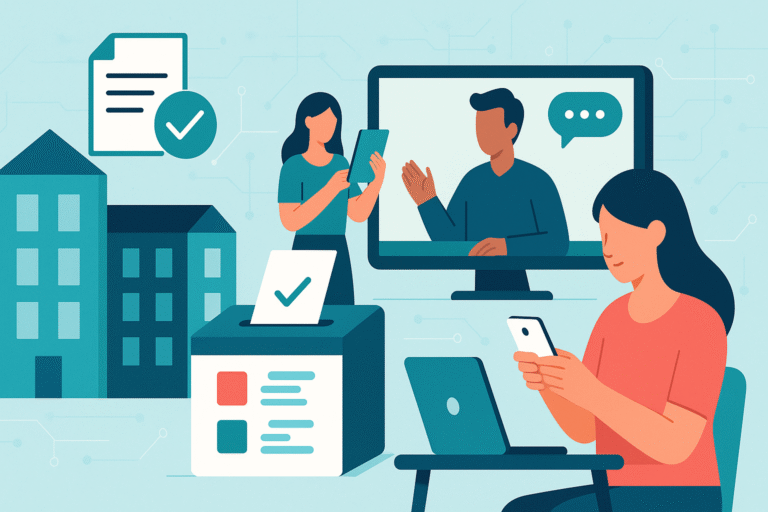
Introduction
As challenges of civic participation, transparency, and the impact of technology increase, citizens, activists, and policymakers are seeking resources to better understand and practice digital democracy. Free online courses (MOOCs) offer a unique opportunity: accessible, flexible, and created by top universities and organizations worldwide.
👉 For related context, also see:
- What is digital democracy and why it matters today
- Global Experiments in Participatory Budgeting
- The principles of collaborative democracy
1. Securing Digital Democracy (University of Michigan – Coursera)
This course explores the risks and potential of online voting and the use of the internet in elections. It covers security, human factors, regulation, and emerging technologies. Perfect for those interested in safeguarding democracy from technical vulnerabilities.
👉 Go to course on Coursera
2. Introduction to Digital Democracy (ESPOL)
This course provides an overview of how the internet and new technologies are reshaping participation, deliberation, and governance. It discusses representative, participatory, and direct models as well as the impact of digital platforms.
👉 Go to course on ESPOL School
3. We the People: Civic Engagement in a Constitutional Democracy (HarvardX – edX)
A more theoretical course focusing on constitutional democracy and the role of digital citizenship. Excellent for understanding institutional foundations, civic rights, and active participation in modern democracies.
👉 Go to course on edX
4. Democracy and Autocracy in the EU’s Eastern Neighbourhood (University of Tartu)
A free MOOC comparing democracy and autocracy in Eastern Europe and EU neighbouring countries. Useful for those studying real-world cases and how democratic models adapt in complex contexts.
👉 Go to course on EU Neighbours East
5. Democracy? You think you know? (OpenLearn)
An accessible course without mandatory registration, exploring different interpretations of democracy and strategies for participation. Great for beginners who want an easy entry point.
👉 Go to course on OpenLearn
How to choose the right course
- Theory vs. practice: decide if you prefer theoretical foundations or practical topics like online voting and case studies.
- Language and accessibility: check subtitle availability or translations.
- Certification: some courses provide certificates, useful for professional development.
- Duration and workload: select according to your schedule.
Conclusion
The free courses presented here provide an accessible way to deepen knowledge of digital democracy, its opportunities, and its challenges. Whether you are a student, policymaker, or engaged citizen, they can help you better understand today’s digital society and contribute more consciously to democratic life.


